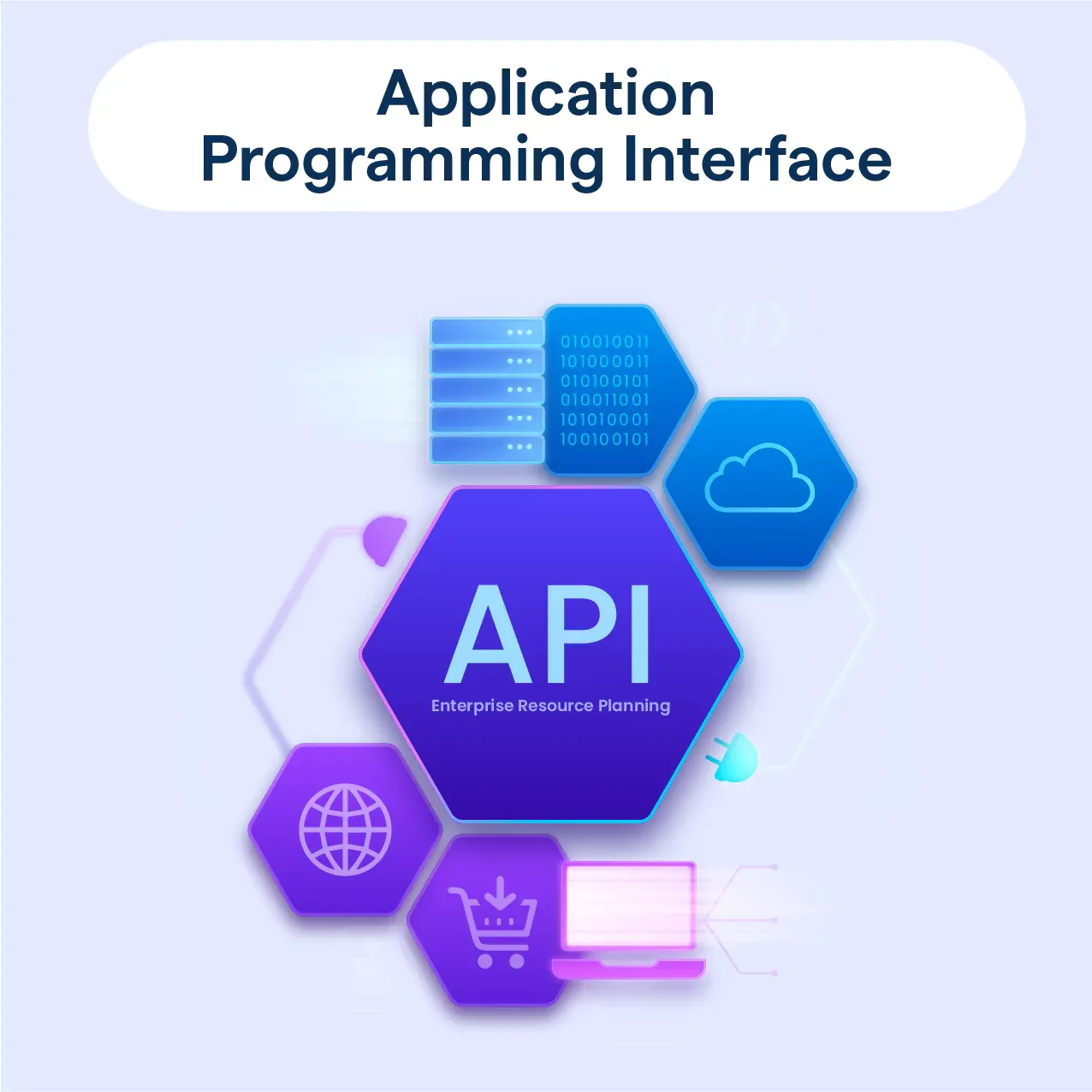What is an Application Programming Interface (API)?
API stands for Application Programming Interface. Think of it as a mediator, a messenger that takes your request, tells the system what you want, and then returns the system's response back to you.
Role of APIs
APIs facilitate communication between different pieces of software. They define the methods and data formats that applications can use to communicate with each other.
How APIs Work
APIs work on the principle of 'request and response.' An application sends a request, the API carries that request to the system, gets the response, and delivers it back to the application.
Types of APIs
Not all APIs are created equal. They can be categorized into several types, including REST, SOAP, and GraphQL APIs - each offering a unique set of capabilities.
The Importance of APIs in Modern Computing
APIs serve as the unsung heroes of our increasingly connected world. Their significance cannot be understated.
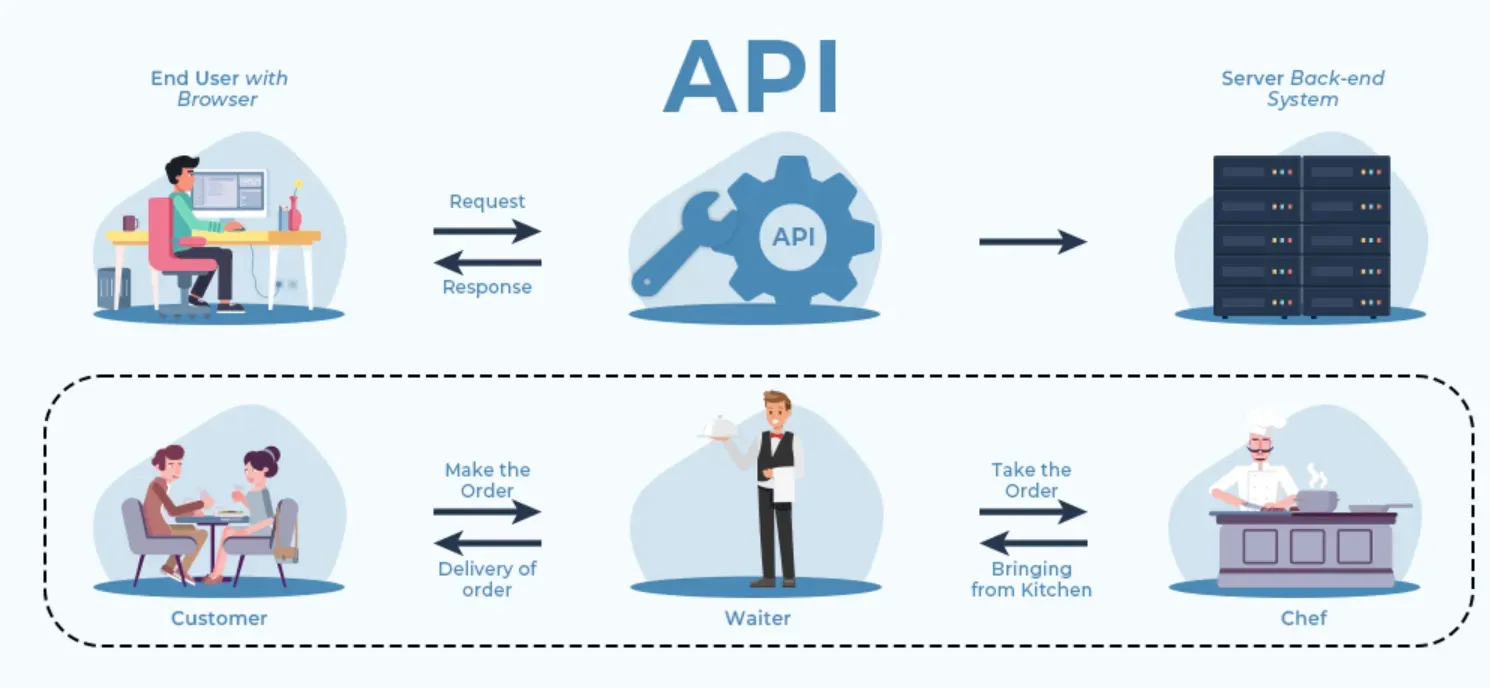
Seamless Integration
APIs enable different applications to seamlessly integrate and communicate, leading to enhanced functionality and better user experience.
Speed and Efficiency
Through a well-constructed API, developers can access and use pre-built functionalities, saving time and resources that'd otherwise be spent building these functionalities from scratch.
Innovation
APIs also drive innovation by allowing developers to build upon existing platforms, creating new applications that offer unique value propositions.
API Security and Management
While APIs offer numerous advantages, there are risks involved. Hence, API security and management emerge as crucial areas.
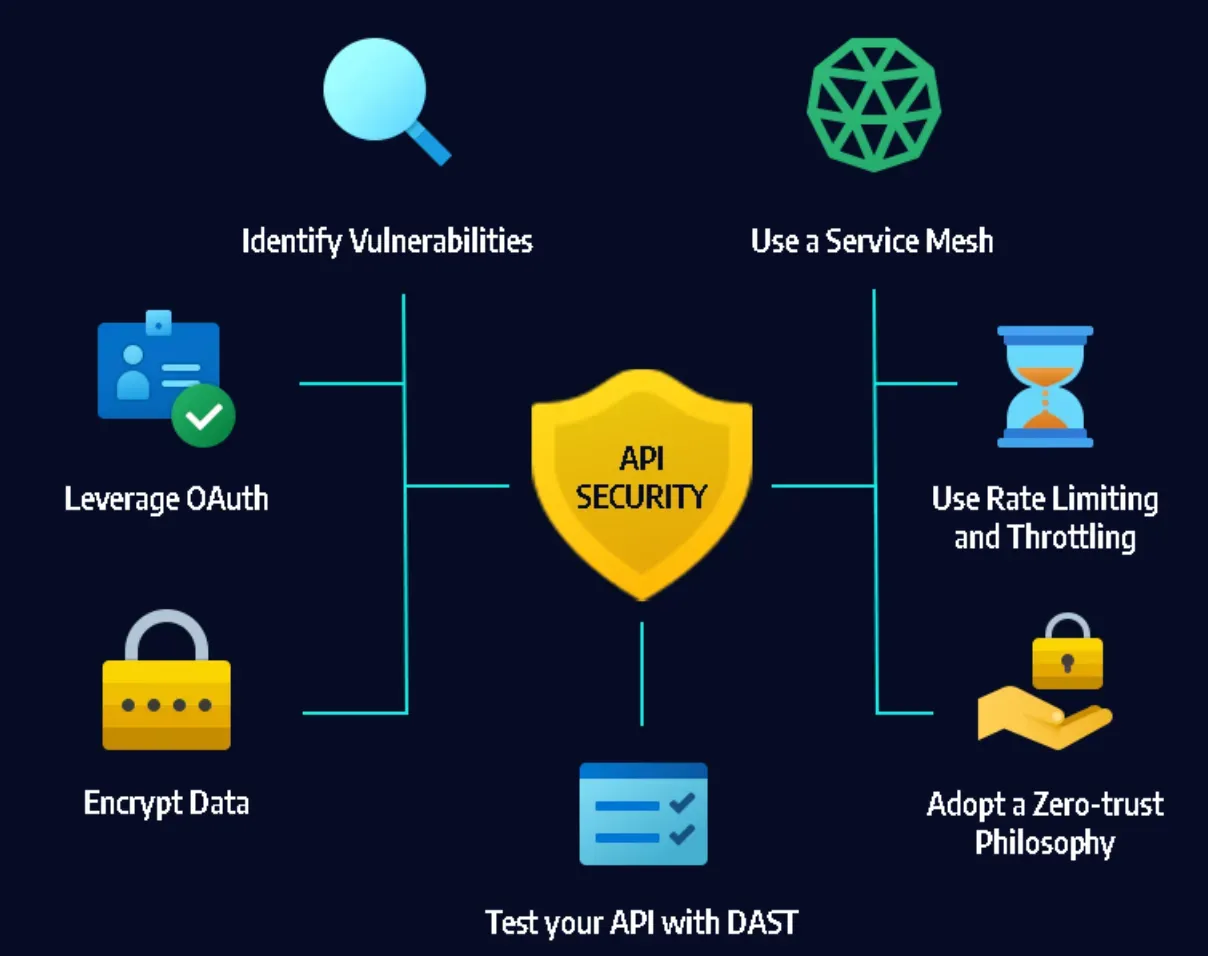
Threats to API Security
APIs, like any other piece of technology, are susceptible to various threats – from unauthorized access to data leakage.
Ensuring API Security
API security involves implementing measures to mitigate threats, starting from setting up access controls (like API keys) to sophisticated practices like throttling and encryption.
API Management
API management involves the process of designing, creating, publishing, maintaining, and securing APIs in a scalable environment.
The Process of API Development
API development is a key aspect of software development. It plays a central role in creating interoperable software.
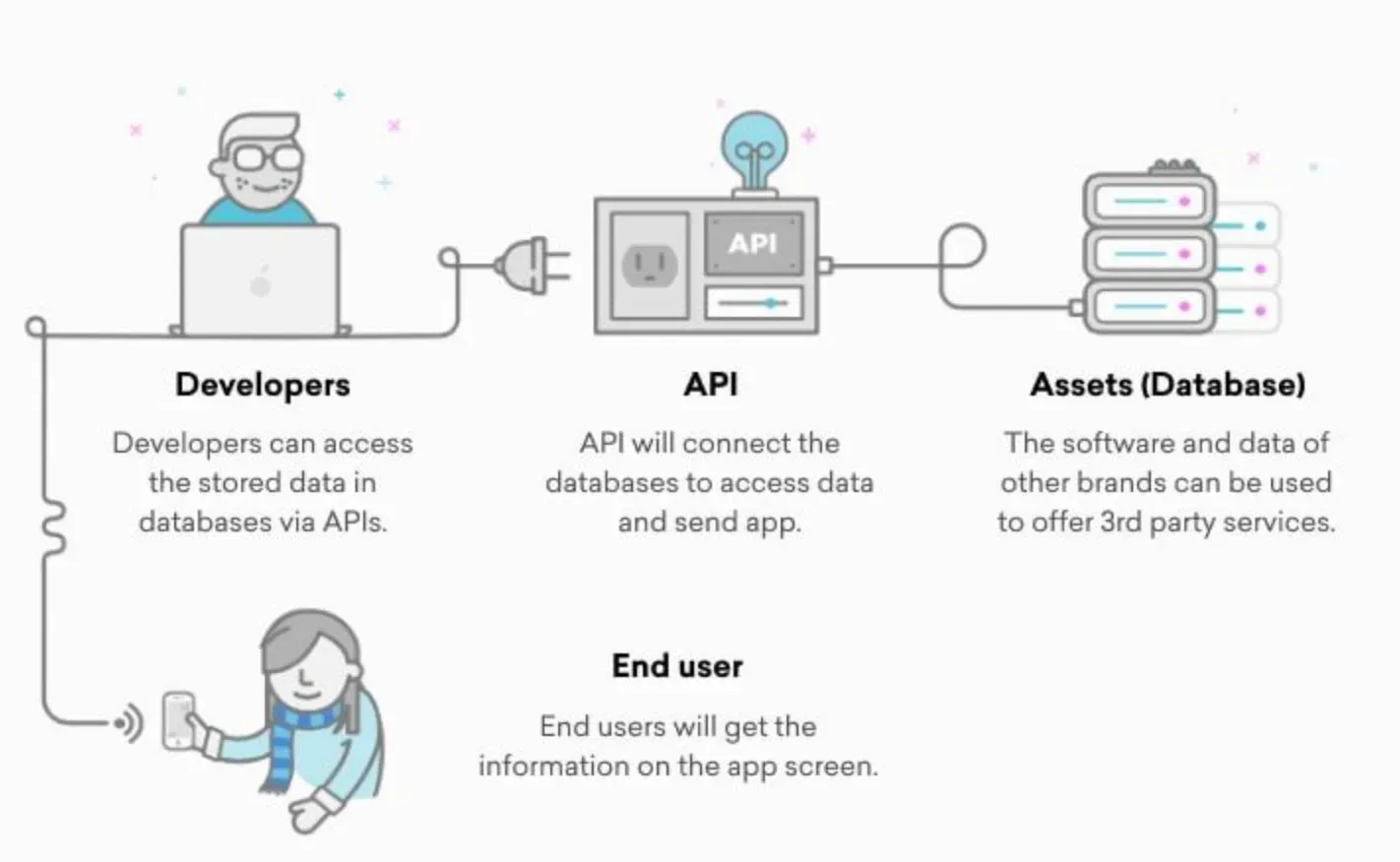
API Design
A good API design focuses on providing seamless, intuitive, reliable, and secure interaction between applications.
API Development
The actual building of an API involves writing codes as per the designed functionality and structuring the API endpoints for different requests.
API Testing
API testing is essential to ensure the API works as intended and provides the expected responses to different requests.
Real-World Applications of APIs
APIs are widely used in numerous applications, from simple web applications to complex machine learning models.
Social Media APIs
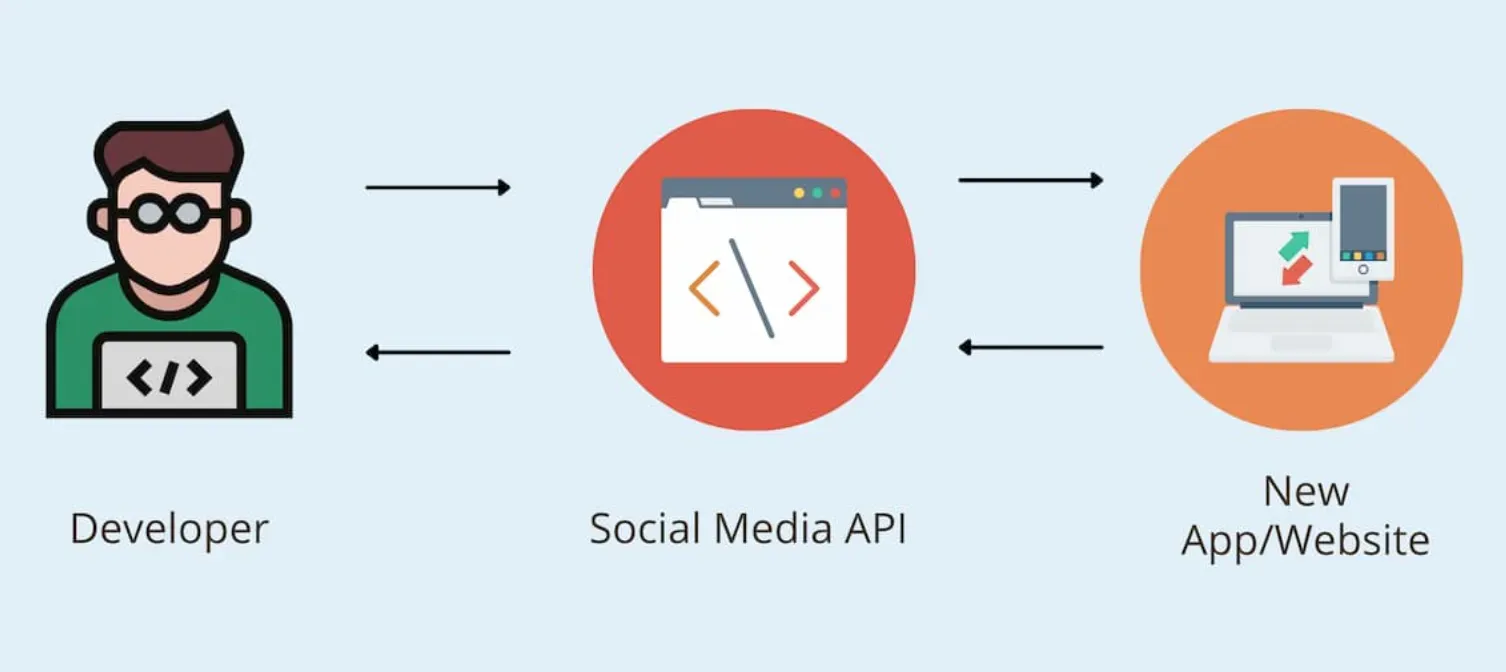
These APIs allow developers to integrate social networks like Facebook, Instagram, or Twitter into their applications.
Payment Gateway APIs
These APIs enable the integration of payment gateway features on an application, facilitating seamless online payments.
Geolocation APIs
Geolocation APIs allow developers to embed maps, determine locations, and design location-based services in their apps.
The Future of APIs
With an increasingly connected world, APIs are bound to become more crucial than ever.
APIs and IoT
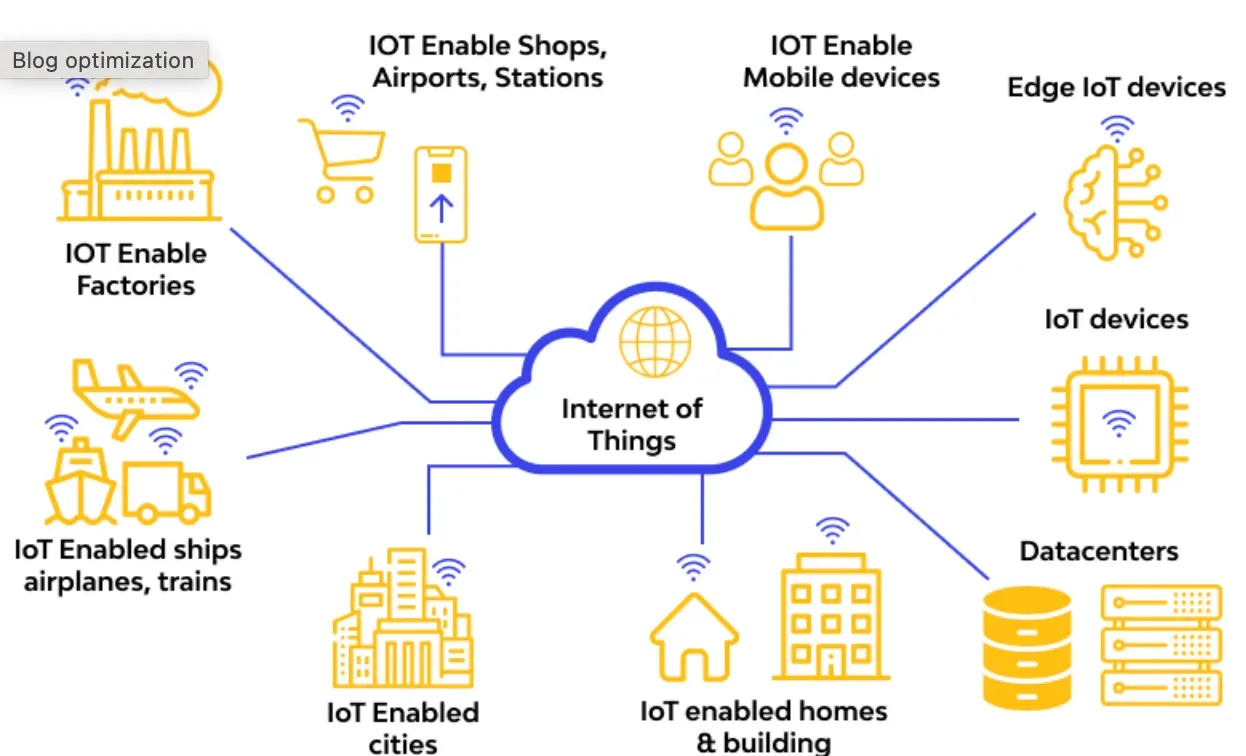
APIs play an essential part in the Internet of Things (IoT), helping connect billions of devices and enabling them to communicate effectively.
AI and Machine Learning APIs
With the rise of AI and ML, APIs are being used to leverage these advanced technologies, making complex tasks possible with simple requests.
Blockchain APIs
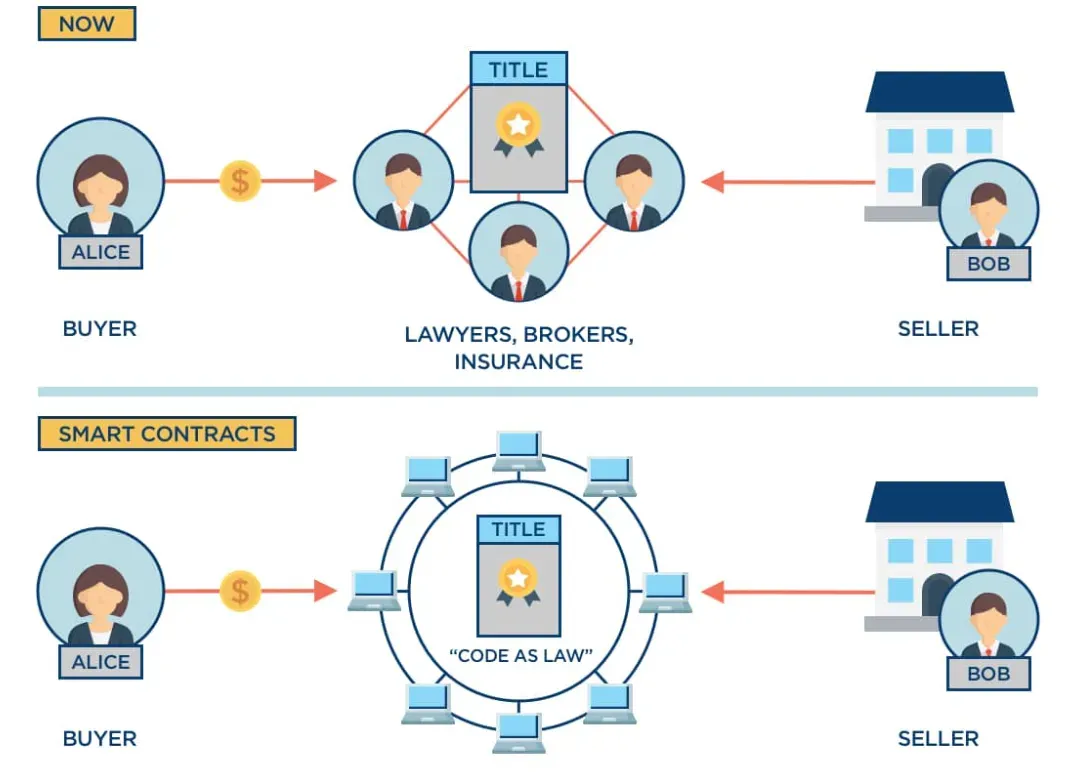
APIs will also pave the way for blockchain technology, making it accessible for developers to integrate blockchain features into their applications.
Frequently Asked Questions (FAQs)
What exactly is an Application Programming Interface (API)?
An API is like a messenger that enables different software to communicate. It takes an application's request to a system, gets the system's response, and delivers it back to the application.
Why are APIs important?
APIs are essential because they allow different applications to interact and share functionalities, driving innovation and efficiency in the software development landscape.
How does API security work?
API security involves implementing measures to counter threats like unauthorized access or data breaches. This includes setting up access controls, encryption, proper error handling, and more.
How are APIs used in real-world applications?
APIs find numerous applications in the real world, from integrating social networks into an application to facilitating online payments or enabling geolocation-based services.
What is the future of API?
The future of APIs is promising with the rise of IoT, AI, ML, Blockchain and more, heralding an era where APIs will play a central role in connecting technologies.
